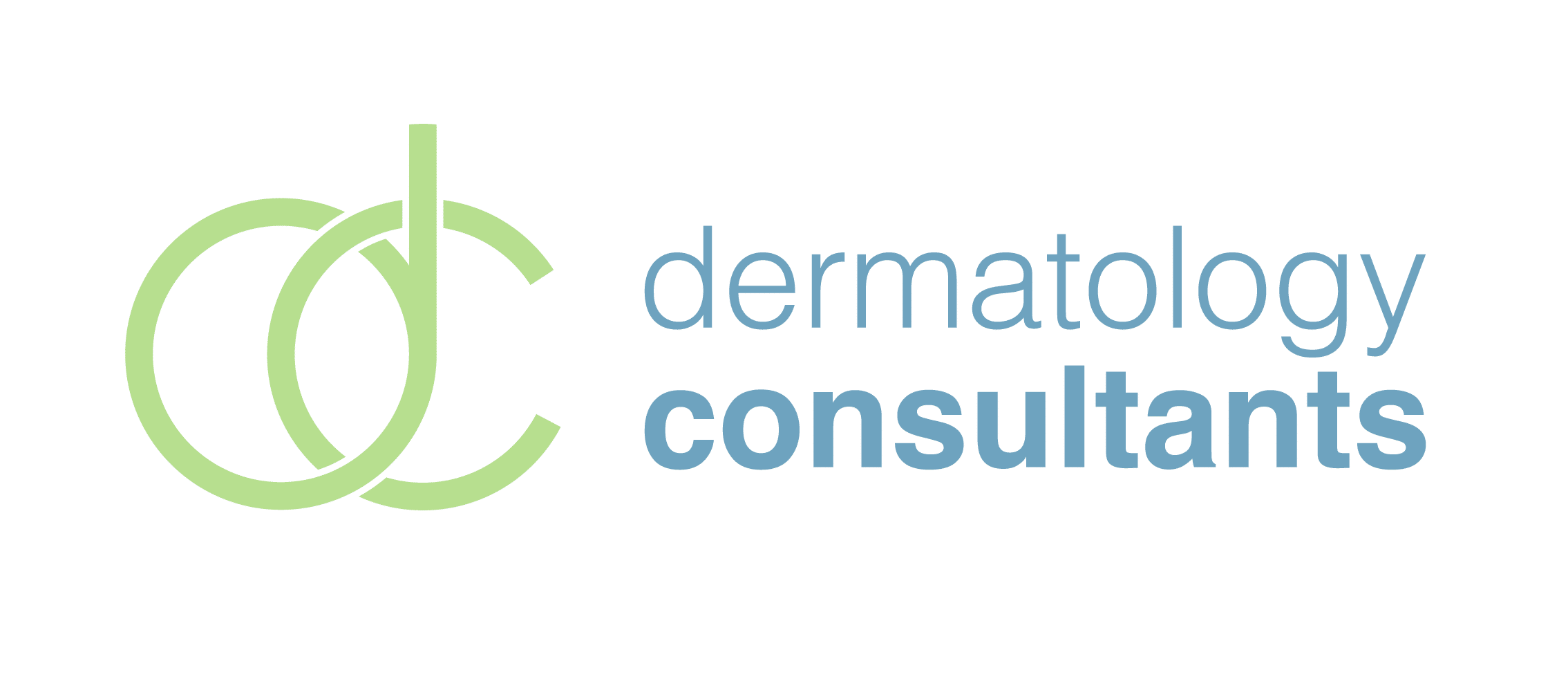What Causes Acne?
If you or a family member suffer from acne breakouts, you’re likely wondering what causes acne to occur. You wash your face and body regularly, so why are you experiencing so many upsetting acne breakouts?
There are several factors known to cause acne in young people and in adults:
- Bacteria
- Clogged pores
- Dead skin cells
- Oil production
Often, acne is caused by a combination of two or more of these influencing factors. For instance, if your body naturally produces excess amounts of sebum (an oily substance in the skin) and dead skin cells, the two can build up in your hair follicles, causing acne to occur when a plugged pore causes a type of plug to form, trapping bacteria, which causes inflammation to occur, and thus…acne occurs.
A whitehead is formed when the plugged pore causes the follicle wall to bulge. A blackhead is formed when the plugged pore opens to the surface. That pore is filled with oil and bacteria, which turns brown when it meets with air.
Pimples will occur as raised red spots with a white center, created when blocked hair follicles become infected or inflamed. The resulting inflammation creates pimples beneath the surface of your skin, and while you may be tempted to ‘clear’ these blockages, it’s best to resist to prevent worsening acne and scarring.
When you have acne, certain additional factors can make it worse:
- Hormones. Pregnancy hormones can produce acne, as can the use of oral contraceptives that can affect sebum production, which can be surprising to some adults who think that all oral contraceptive will clear up their skin. Talk to your dermatologist about contraceptive-related acne to be sure your brand isn’t the culprit in your acne condition. Teenagers often suffer with acne, spurred by androgens, a hormone that increases in boys and girls during puberty, causing an increase in sebum production. Teenagers may suffer from low self esteem and bullying when acne occurs, so it’s important to bring your child to the dermatologist to get to the causes of his or her acne issues and begin acne treatments tailored to teens. And as you age, approaching menopause, you may experience more breakouts than you’re used to. Again, your dermatologist can help.
- Certain medications. Acne can be worsened when you use medications containing corticosteroids or androgens, and the drug lithium can worsen acne conditions as well. Many kinds of medications can affect your skin in different ways as an unwelcome side effect, so talk with your dermatologist to see if your medications may be behind your worsening acne breakouts. It’s not just teens who experience shyness or low self esteem when acne hits, and in your high-powered job or social life, you certainly don’t want a blemish or acne flare-up to take away from the excitement of your daily life.
- Diet. Studies indicate that certain dietary factors, including dairy products and carbohydrate-rich foods — such as bread, bagels and chips — may trigger acne. Chocolate has also been suspected of making acne worse.
- Stress. Stress can make acne worse, since it fires up hormones and affects your body on a cellular level. Stress is bad for you to begin with, but it actually could be a risk factor for acne in teens and in adults.
There are a number of factors that many people believe worsen acne, but are actually misconceptions. Dirty skin is one of the top acne myths. Dirt does not cause acne. Rather, overzealous washing and scrubbing in an attempt to avoid dirty skin may do more harm than good when it comes to acne occurrences. Instead, wash gently to remove oil, dead skin and bacteria.
And cosmetics overall aren’t a cause of acne. If you use oil-free makeup that doesn’t clog pores and remove your makeup every night, you’ll keep your skin in better condition to avoid acne and pimples. And be sure to replace any face makeup sponges or applicators often, since you don’t want to keep applying dead skin cells, oil and bacteria on your clean skin, worn all day.
Your doctor can answer all of your questions about what causes acne in Adults, as well as what causes acne in teens, so a visit to your trusted, board-certified dermatologist is your first step to clearing up your acne issues.



